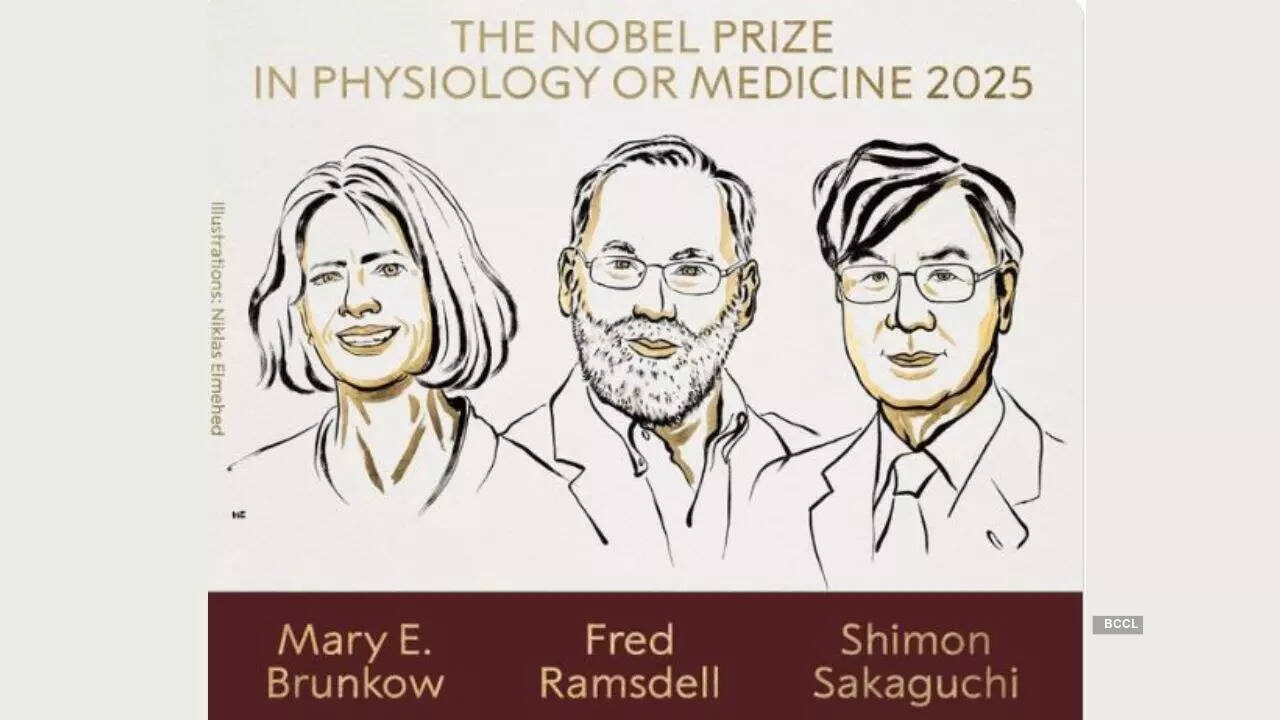7667766266
enquiry@shankarias.in
Prelims: Current events of national and international importance | Awards

Reference